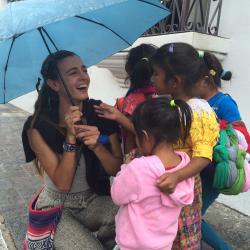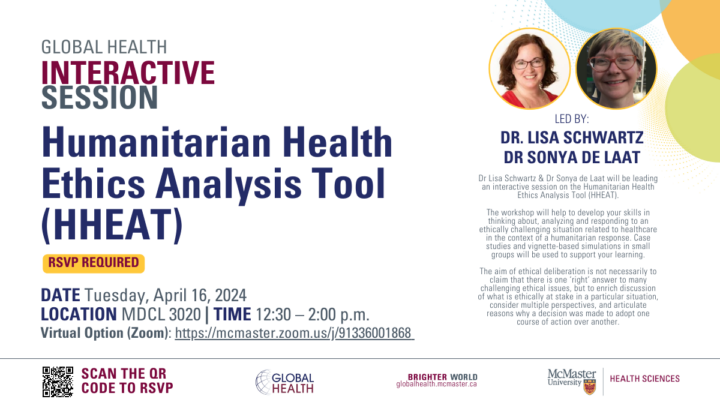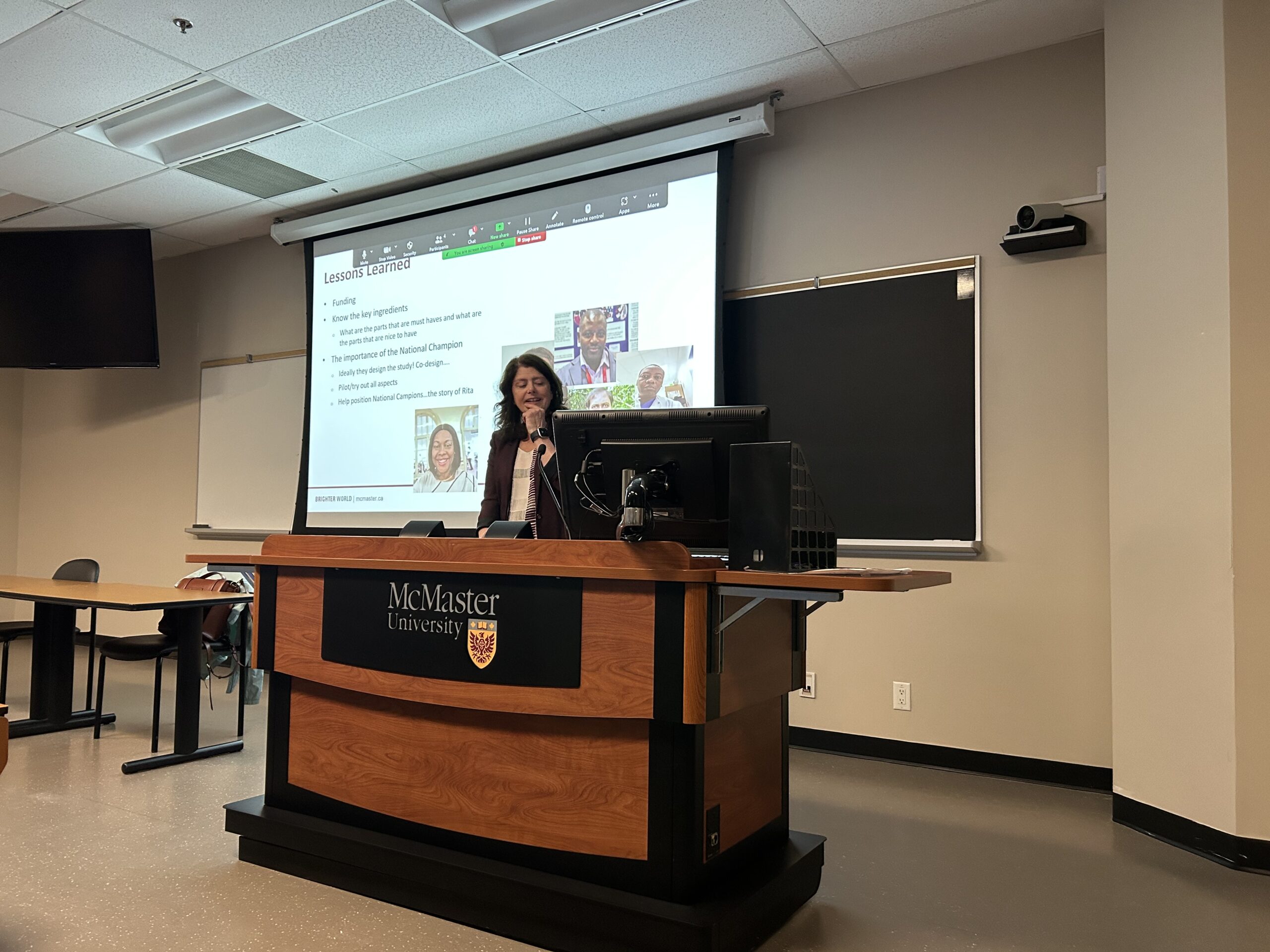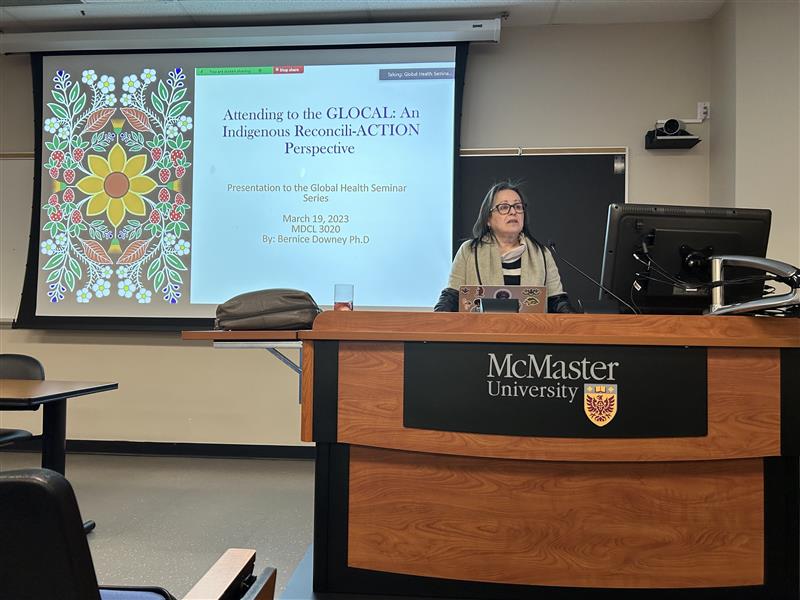Smart phones, maternal health, and community visits, oh my!

At four o’clock in the morning, my alarm pulls me out of sleep, and I hop into the shower. The sun isn’t up yet, but Natalia and I need to get ready, because at 4:30, a car will be outside to greet us. It’s a normal day of data collection here in Cobán, Guatemala, where we’re completing our practicum.
 To gain experience in the field of global health, we’ve traveled here, to Guatemala, to work with TulaSalud, an organization that’s created a health information system to help reduce malnutrition and maternal mortality. The information system, called Kawok, fuses a training program and a mobile health database. Within the program, CHWs (called Facilitadores Comunitarios, or FCs) in Alta Verapaz input health information into smart phones, creating a database to track the health status of women, while also using the phones for communication during emergencies and for information sharing. However, due to political flux during the recent national election, as well as declination of payment by the Ministry of Health, the phones have been taken back from the FCs, and thus, no data is being collected presently.
To gain experience in the field of global health, we’ve traveled here, to Guatemala, to work with TulaSalud, an organization that’s created a health information system to help reduce malnutrition and maternal mortality. The information system, called Kawok, fuses a training program and a mobile health database. Within the program, CHWs (called Facilitadores Comunitarios, or FCs) in Alta Verapaz input health information into smart phones, creating a database to track the health status of women, while also using the phones for communication during emergencies and for information sharing. However, due to political flux during the recent national election, as well as declination of payment by the Ministry of Health, the phones have been taken back from the FCs, and thus, no data is being collected presently.Putting Theory into Practice
That’s why we’re here. In order to see how the health system is currently functioning, how information is being used, and what’s missing, we designed two studies to run in the field. Much to my surprise, the Foundations II course was invaluable in our work preparing the study. When I started my practicum, the first document put in front of me was a log frame, which the organization had created to guide its movement forward. This one, with over 30 indicators, was much more complicated than anything I had created for Foundations, but shed light on the fact that tools used in the course are actually used in the field of global health. Our research methods course also came in handy when deciding what kind of analysis to apply to all of this data.
Connection, Communication and Community Health

My weeks so far in Guatemala have been inspirational, frustrating, funny, and beautiful. In such a short time, I’ve learned some of the challenges in operating in a developing infrastructure, and have been inspired by the resilience of individuals working to maintain the health of their communities, even when forced to work against all odds, and without compensation. In interviews with FCs and others within the health system, I’ve learned that a sense of connection and communication, and continued training, are pivotal in the maintenance of community health. I’ve also been welcomed into a family of staff who have shared their insights, love, and space with me.
As my practicum experience draws to a close, I’m reflecting on what I’ve learned in the program, and deciding what my next steps will be. I plan to build on the vast theoretical knowledge I gained at McMaster, and pursue a practical masters program in Speech Pathology and Audiology. I look forward to using the tools, knowledge, and connections I’ve fostered to continue learning, and dedicate myself to health in a multifaceted way, working directly with people to foster their ability to communicate effectively and navigate their surroundings.
Katie Aquilla
Student Blog


